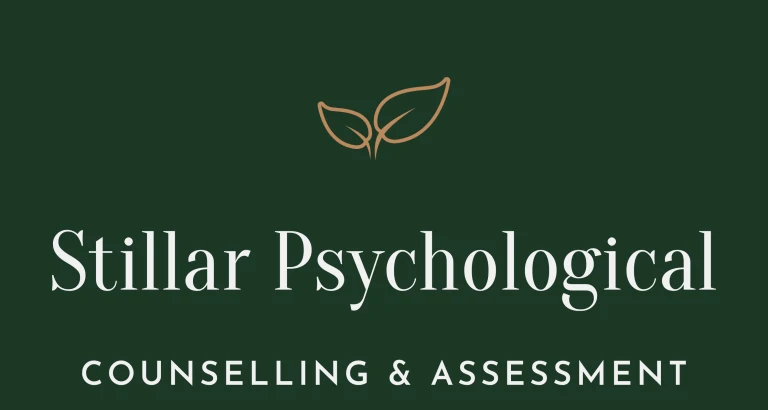Depression can feel like a relentless grip on one’s life, but cognitive behavioral therapy (CBT) offers a proven approach to loosening this grip. Stillar Psychological utilizes CBT as a cornerstone of its therapeutic practices, particularly for treating depression. Cognitive behavioral therapy for depression is based on the understanding that our thoughts, feelings, and behaviors are interconnected and that altering one can profoundly impact others.
Understanding Cognitive Behavioral Therapy
Cognitive behavioral therapy for depression is a structured, time-limited approach that aims to identify and change the negative thought patterns that can lead to depressive symptoms. Unlike some forms of psychotherapy that focus on past experiences, CBT is rooted in the present and looks forward, equipping individuals with practical skills to manage their depression.
CBT operates on the principle that negative thoughts, such as a pervasive sense of worthlessness or failure, can create and exacerbate feelings of depression. By challenging and transforming these cognitive distortions, CBT helps individuals adopt more realistic and positive thinking, which can reduce the severity of depressive symptoms.
How CBT Addresses Depression
The process typically begins with an assessment phase, where the therapist and client work together to pinpoint specific depressive thoughts and behavior patterns. Following this, CBT involves sessions focused on teaching practical strategies to alter these patterns. For instance, if a client frequently generalizes a single negative experience to predict ongoing failure, CBT techniques would help them to see each event as independent and manageable.
One common method used in CBT is “behavioral activation,” where individuals are guided to schedule positive, rewarding activities to counteract the inertia often caused by depression. This can help break the cycle of low activity and low mood, creating a positive feedback loop of increased engagement and improved mood.
CBT Techniques and Tools
CBT provides various techniques that help manage depression. These include:
- Cognitive restructuring: This involves identifying and challenging harmful thought patterns, teaching the person to question the validity of negative thoughts and replace them with more balanced and constructive ones.
- Problem-solving: CBT enhances a person’s ability to handle life’s challenges, reducing the stress and helplessness that can exacerbate depression.
- Mindfulness: Although not traditionally part of CBT, many therapists integrate mindfulness practices to help individuals stay present and engaged, reducing the impact of ruminative thought patterns associated with depression.
The Impact of CBT for Depression
Research consistently shows that CBT is one of the most effective treatments for depression, often comparable to the efficacy of antidepressant medications, particularly for mild to moderate forms. Additionally, CBT’s effects are enduring, with lower relapse rates than those seen with medications alone.
Stillar Psychological provides personalized clinical mental health counseling that incorporates CBT, tailored to the unique needs of each client. This personalized approach ensures that every individual receives the strategies that best suit their specific circumstances and goals.
Stillar Psychological: Your Partner in Recovery
Our commitment at Stillar Psychological extends beyond therapy sessions. We empower our clients with tools and strategies derived from CBT to help them regain control over their lives and sustain their mental health long-term. Through consistent application of these techniques, individuals learn to adjust their thought patterns and ultimately, alter their life’s course towards sustained well-being and happiness.
In the battle against depression, cognitive behavioral therapy is a powerful ally. With professional guidance and personal effort, recovery is not just possible—it is within reach. If you or someone you know is struggling with depression, consider how CBT might illuminate the path to recovery.





















